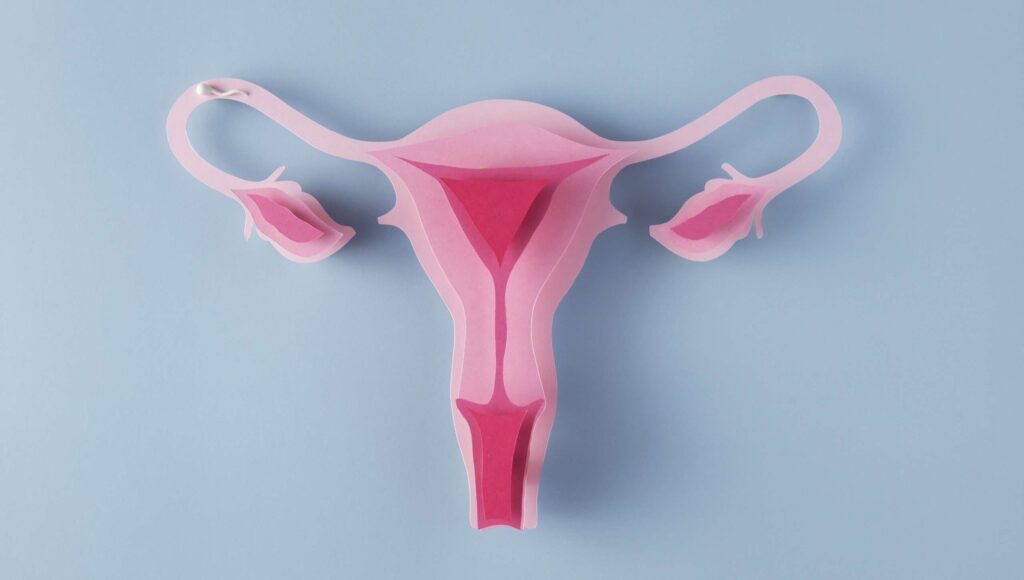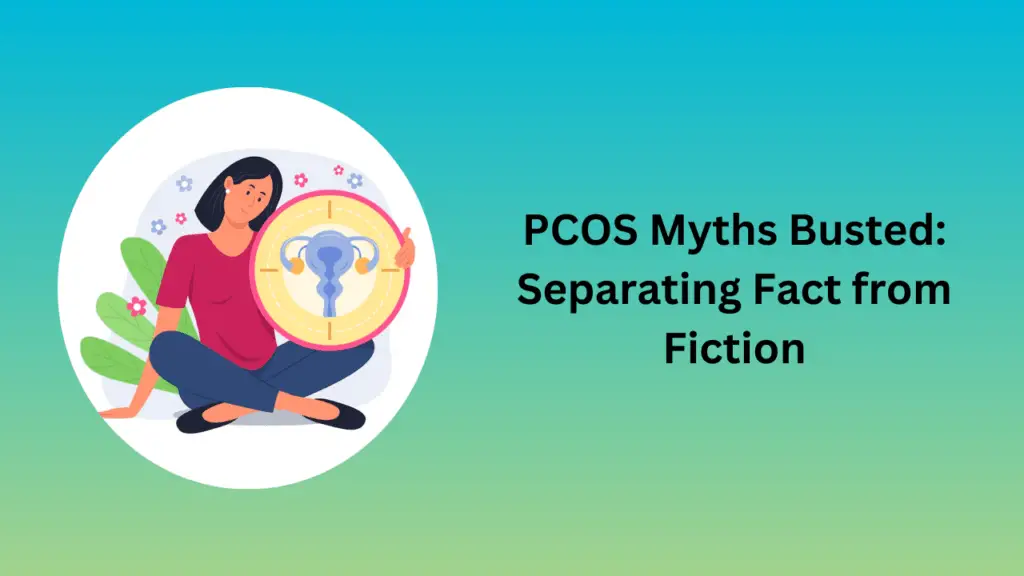Table of Contents
ToggleIntroduction
Polycystic ovary Syndrome (PCOS) is a that affects millions of women around the world, it is often shrouded in misconceptions and myths. If you or someone you know is grappling with PCOS, the misinformation surrounding this condition can add unnecessary stress. In this article, we’re going to bust some of the PCOS myths, while providing accurate, clear, and insightful information.
Understanding PCOS
PCOS is more than just a reproductive disorder; it can influence many aspects of a woman’s health, including hormonal balance, metabolism, and overall wellness. Unfortunately, many people are unaware of the true nature of this syndrome, which can lead to stigma and confusion.
- Naturally-occurring Vitamin C from acerola cherry
- Supports balanced hormone levels
- Promotes skin healing
- Helps you respond to stress with more ease
- Relieves irregular periods, hot flashes, and fatigue
What is PCOS?
PCOS is characterized by hormonal imbalances that can result in a range of symptoms. It may have an impact on fertility, physical attractiveness, and menstrual cycles. While the exact cause of PCOS is still unknown, it is believed that inflammation, insulin resistance, and genetic factors are involved.
“The first step to effectively managing and supporting PCOS is understanding it.”
Myth #1: PCOS Only Affects Overweight Women

One of the most pervasive myths about PCOS is that it only affects women who are overweight or obese. While it’s true that many women with PCOS experience weight issues, this condition can occur in women of all sizes.
The Reality
- Lean PCOS: Some women with PCOS may maintain a normal weight or even be underweight. In fact, “lean PCOS” is a term used to describe those who have the syndrome but do not experience obesity.
- Hormonal Factors: The key contributors to PCOS are hormonal imbalances, not weight alone.
A Personal Anecdote
A friend of mine, Kelly, was diagnosed with PCOS when she was a size 4. She faced numerous health challenges, but many dismissed her symptoms because she didn’t fit the stereotype of an “overweight PCOS patient.” It was frustrating for her to navigate this stigma.
Myth #2: Pregnancy may be impossible for women with PCOS.

Another common misconception is that women with PCOS cannot conceive. Even though PCOS is a significant cause of infertility, it doesn’t mean women can’t become mothers.
The Facts
- Fertility Treatment Options: Many women with PCOS can conceive with lifestyle changes, medications, or assisted reproductive technologies like IVF.
- Success Rates: Some studies show that with effective treatment, fertility rates for women with PCOS can be quite comparable to those without the syndrome.
Exploring the Journey
Consider Sarah, a woman I spoke with who faced difficulties in conceiving due to her PCOS. After consulting with healthcare providers and exploring various treatment options, she successfully became a mother and now advocates for other women facing similar challenges.
Myth #3: PCOS Symptoms Are the Same for Everyone

Many assume that all women with PCOS experience the same symptoms, but that couldn’t be further from the truth. Individuals have a wide variation in the nature and severity of symptoms.
Individualized Experiences
- Diverse Symptoms: Some common symptoms include irregular periods, acne, excessive hair growth (hirsutism), and hair thinning. However, not every woman will experience all of these.
- Personal Variation: Factors such as genetics, lifestyle, and overall health can greatly influence symptom manifestation.
Myth #4: PCOS is Just a Reproductive Issue

While PCOS is primarily known as a reproductive endocrine disorder, it has far-reaching effects on various bodily systems.
Beyond Reproduction
- Metabolic Impact: Women with PCOS are at a higher risk for conditions such as type 2 diabetes, heart disease, and metabolic syndrome. This highlights the importance of managing not just reproductive symptoms but overall health.
- Mental Health: Many women with PCOS also face mental health challenges, such as anxiety and depression, which can stem from hormonal fluctuations and societal pressures.
Conclusion
Myths and misconceptions surround the complex condition of PCOS. By debunking these myths, we can provide more support and understanding for those affected. If you or someone you know is navigating PCOS, remember that education and empowerment are crucial.
“Knowledge is power—understanding PCOS can lead to better health outcomes.”
If you’re seeking more information, consider reaching out to healthcare professionals who specialize in PCOS or checking out resources from organizations like the PCOS Awareness Association.
We encourage you to share this article to help spread awareness and bust these myths surrounding PCOS. We have the power to create a community that is more educated together!

